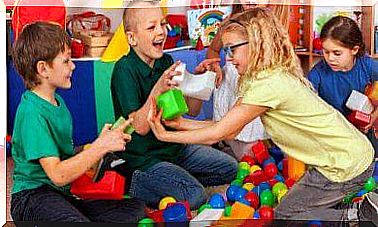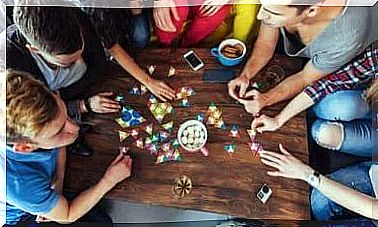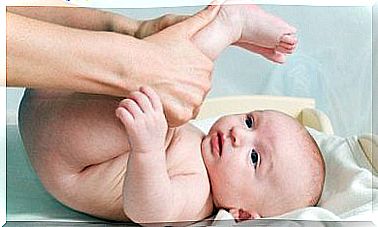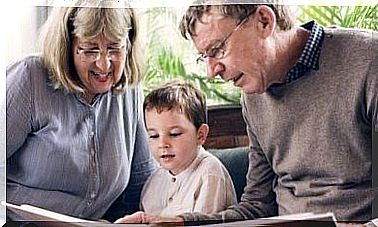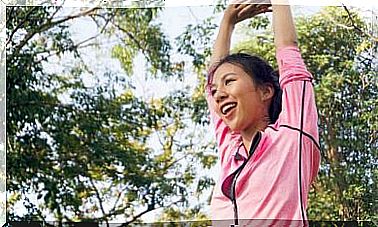When Do Babies Take Their First Steps?
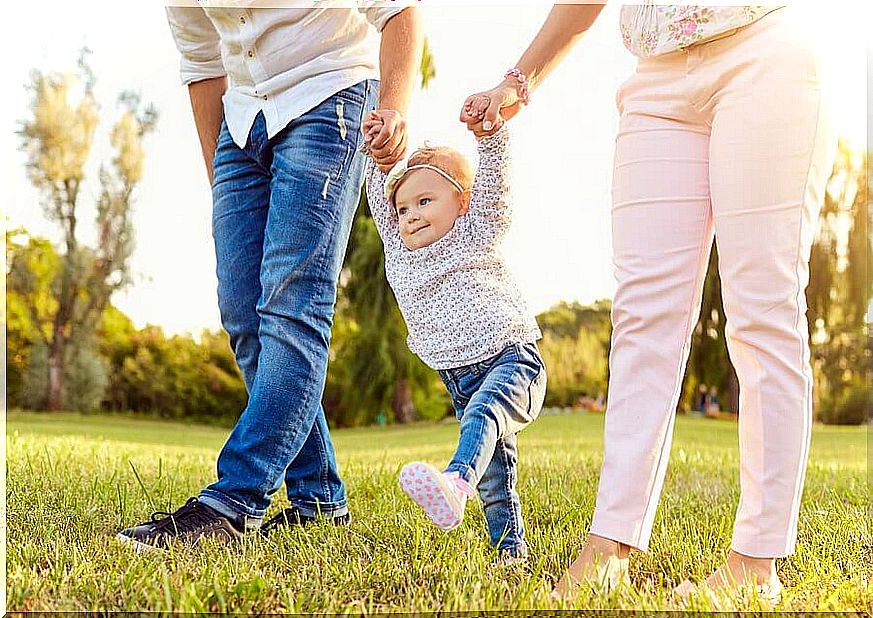
If there is one moment parents come to remember forever, it is when their child begins to take their first steps. Once you know this, you can probably understand why parents can be so eager to see it happen. Therefore, many parents are impatient and want to know when their babies will take their first steps.
You must have everything prepared: You make furniture and dangerous objects safe for your baby, you give your child space and opportunity. You always have a hand available to help him or her if he or she wants to try walking. However, it seems that the baby is still not ready to take its first steps.
The impatience that parents feel only makes this situation worse. In fact, you should not forget that babies will take their first steps when they feel ready. To learn more about this long-awaited event, keep reading.
In this article, we tell you what to expect and how to help your child develop so he or she can start walking.
At what age do babies take their first steps?
This may discourage you a little but the truth is that there is no fixed age for when babies start taking their first steps. This is a natural process that depends on many things, like when they start talking and crawling etc.
Usually babies start to be able to walk between 9 and 12 months. But you should not worry if they are a few months behind. As long as nothing seems abnormal, it is perfectly normal.
Your baby may also surprise you and take his or her first steps at 8 or even at 7 months of age.
The development, physical condition and neurological condition of every little baby is unique. It is impossible to determine a fixed age for what is “normal”. However, it is important to say that if your babies have not started walking after 18 months, it is time to consult your pediatrician.
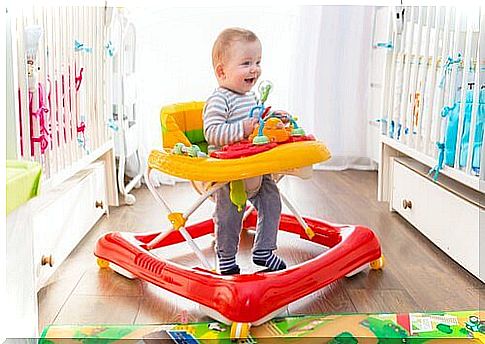
What should I do if my baby has not started walking at the right time?
If your baby is already 18 months old and still has not started walking, ask your trusted pediatrician. In this checkup, your doctor will run a few routine tests to analyze your child’s general condition. Factors that can cause this delay are:
- The baby crawls well and does not have to walk to move as he or she wants.
- The baby is calm, a quiet baby and does not want to take new risks yet.
- The baby’s developmental process is slow due to genetic problems or because the baby was born prematurely.
- The baby is a little overweight, which makes it harder for the baby to move.
- Lack of stimulation.
- Vision or hearing problems that can affect the baby’s balance.
- More specific psychomotor delays that the pediatrician can identify.
“The truth is that there is no fixed age for when babies take their first steps. This is a natural process that depends on many things. ”
Activities that can teach your baby to walk
When babies start walking, there are certain “exercises” that you can practice to help them keep their balance and not fall down.
Of course, you can only do these activities when the baby is ready. How do you know that? You may notice that they are strong enough to stand on their feet – with or without help – and may even try to take a step.
One of the exercises is to put your baby in front of you, hold the baby’s hands and push the baby a little gently with your feet. You can do this while counting. This way, your baby hears his voice and can concentrate on his first steps.
It can also help to put the baby in his or her playpen and try to get the baby to walk while holding the bars e. One way to do this is to try to lure the baby with a toy that the baby likes and gets excited when the baby grabs it. Eventually, the baby is encouraged to walk without holding on to anything.
Throughout this process, you need to be very careful that your baby does not fall and fall. This can even scare the baby into taking its first steps.
Also, remember that you need to be patient and enthusiastic about your baby. Everything comes in good time. What is better than enjoying this beautiful stage and watching your baby grow!
